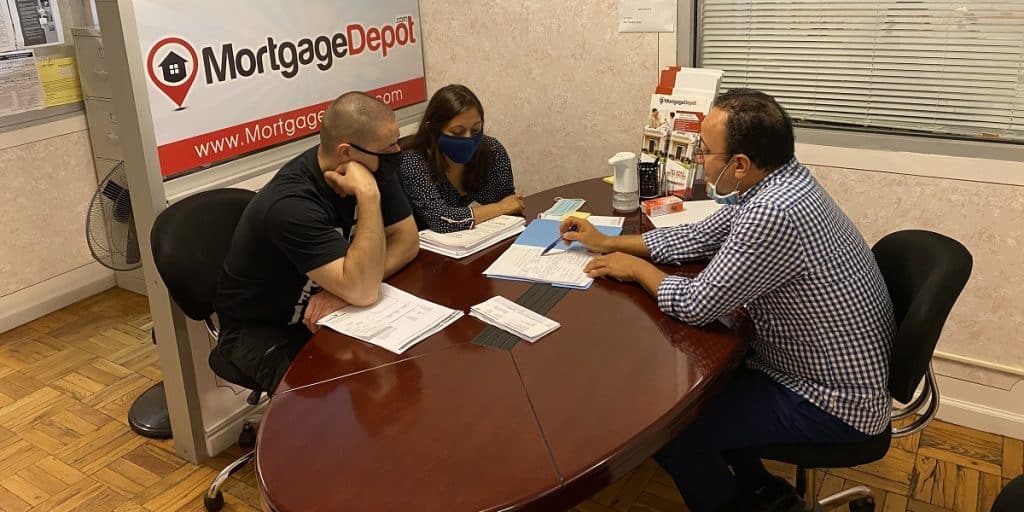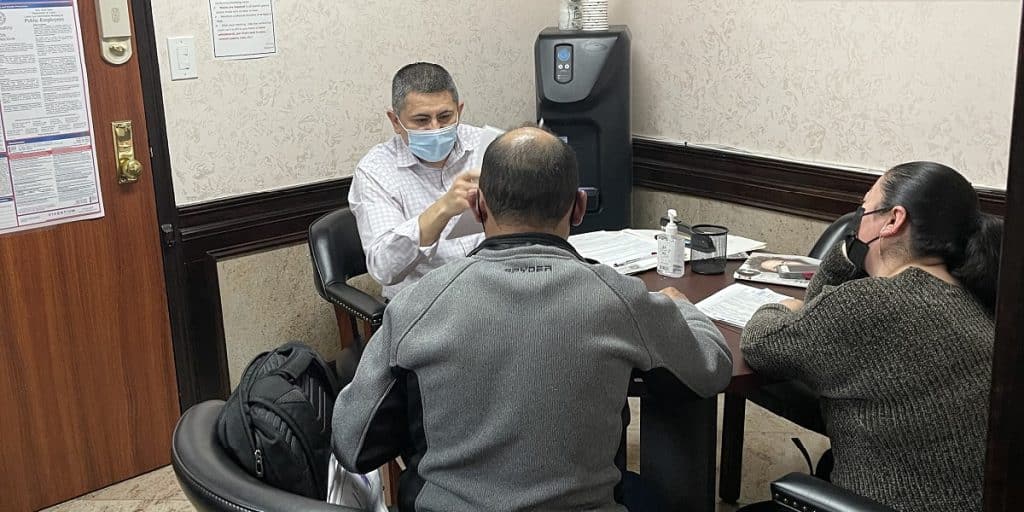
Current mortgage rates continue to be close to historic lows, but they have been creeping higher over the last several months. This trend is expected to continue, so you may be thinking about refinancing your current mortgage soon. Refinancing could enable you to tap into your home’s equity. This is money that may be used to pay down high-interest debt, to make a sound investment or to use in other exciting ways. Perhaps you need to refinance your mortgage to lower your monthly payment or to achieve other financial goals. If you have taken advantage of the government’s forbearance program, you should understand how this could impact your refinancing plans.
In response to the financial ramifications of the COVID-19 pandemic, mortgage forbearance was offered to homeowners more than a year ago. The forbearance period ended on June 30, 2021. During this period, homeowners were permitted to skip mortgage payments without the risk of foreclosure or other negative consequences. If you have recently decided to refinance your mortgage, be aware that you cannot simply state that your mortgage is out of forbearance. Instead, you must reestablish a payment history for at least three months.
You understandably want to avoid unnecessary delays and complications when you apply for a new home mortgage. With this in mind, it is wise to pull yourself out of forbearance and start making payments once again if you intend to apply for a new mortgage in the near future. Do you have other questions about how forbearance can impact your refinancing plans, or do you want to get familiar with the specific loan options available to you? Contact our MortgageDepot lending team today to learn more.
Connect with one of our loan consultants to learn more.
Have questions or need help?
Call us now at 800-220-LOAN
Request a call back or email us your questions!







